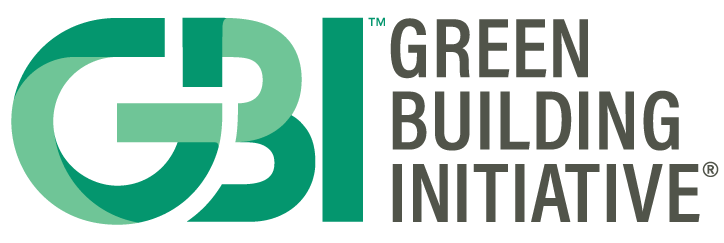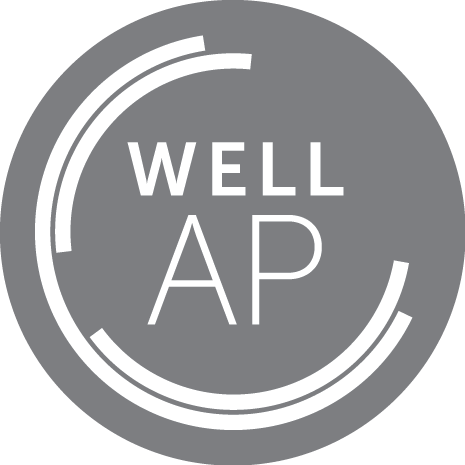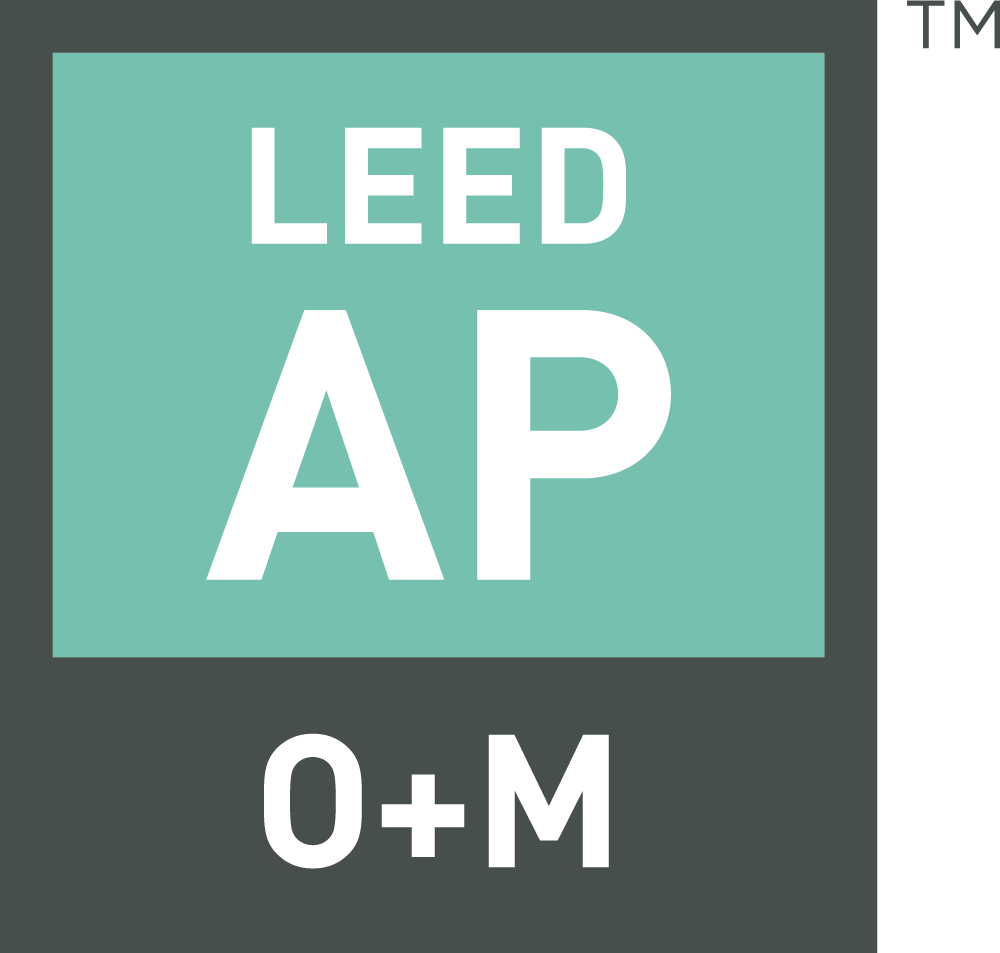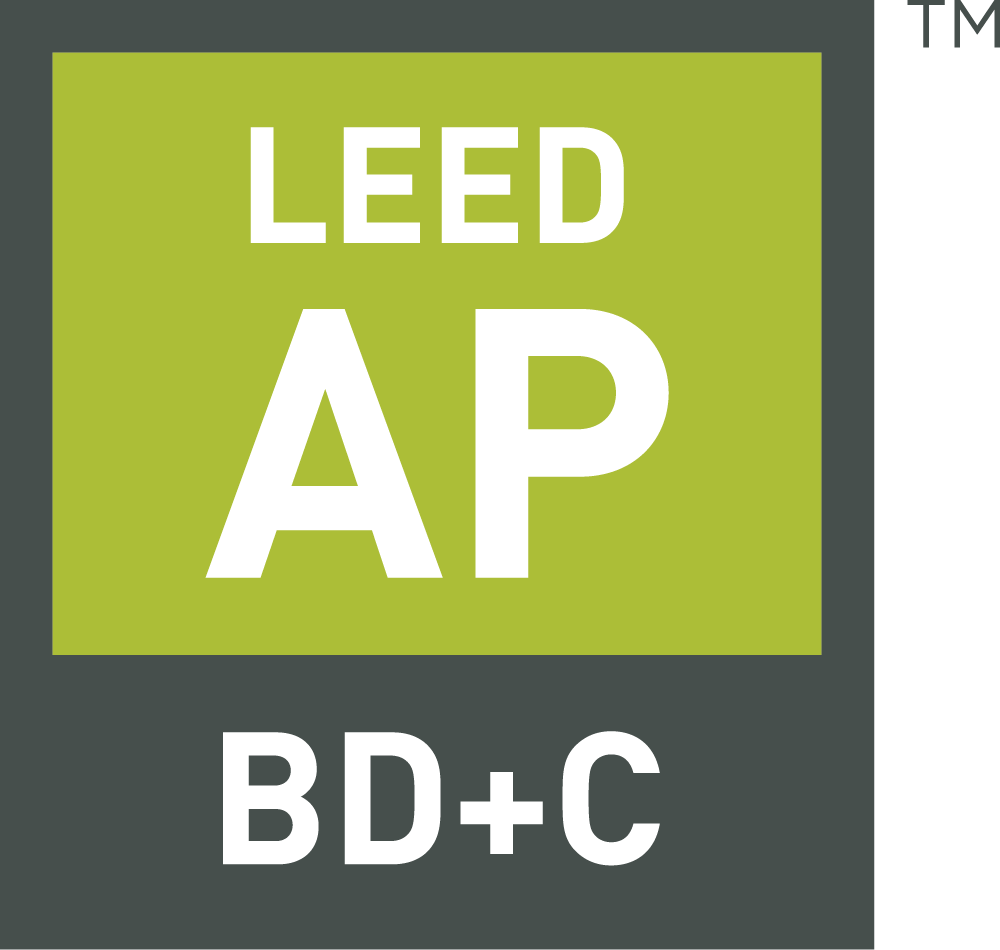Explore Our Journeys
We guide businesses through tailored sustainability solutions, from audits to program implementation. With transparency and data-driven insights, we help you navigate sustainability with ease and confidence.
Sustainability
Audits
Sustainability Audits
CCDOA Sustainability Audit
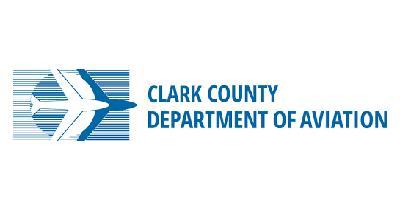
The CCDOA (Clark County Department of Aviation) Sustainability Audit is a comprehensive evaluation designed to enhance the sustainability practices of airport operations. Our audit begins with an in-depth review of existing internal sustainability planning documents and presentations. We conduct initial meetings with the department’s sustainability staff and engage with the Executive Team to introduce our consulting team and discuss objectives.
Audit Process:
- Stakeholder Engagement: We meet with airport stakeholders to
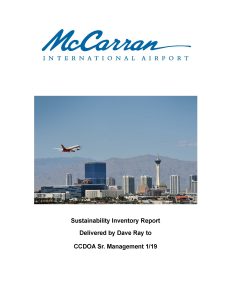 understand their perspectives and gather valuable input.
understand their perspectives and gather valuable input. - Best Practices Assessment: We analyze best practices from similar-sized airports based on FAA Sustainability Management Plans and lessons learned.
- Data Collection and Analysis: We review and assess sustainability data, including performance metrics, recycling programs, and resource reduction efforts.
- Sustainability Program Roadmap: We develop a detailed roadmap outlining the next steps, including a framework for employee engagement, tracking tools, and a comprehensive plan for ongoing implementation and improvement.
This audit provides a clear path for enhancing sustainability efforts, ensuring that CCDOA’s practices are codified, tracked, and improved continuously.
Contract Tasks and Deliverables:
- Stakeholder Engagement: We meet with airport stakeholders to understand their perspectives and gather valuable input.
- Document Review: Conduct a thorough review of existing Department-internal sustainability planning documents and presentations to assess their current status and effectiveness.
- Kick-off Meetings: Participate in initial orientation sessions with the Department’s Sustainability Staff to establish project objectives and expectations.
- Executive Team Introduction: Organize and facilitate a meeting with the Department’s Executive Team (ETM) to introduce the consulting team and outline the project scope.
- Stakeholder Engagement: Engage with airport stakeholders through meetings, with the format and frequency to be determined collaboratively to ensure maximum participation and input.
- Facilitation of ASAT Meetings: Lead a minimum of four (4) brainstorming sessions with the Aviation Sustainability Action Team (ASAT) to generate innovative ideas and strategies for sustainability initiatives.
- Best Practices Assessment: Prepare a comprehensive assessment of best practices and potential pitfalls observed in the sustainability management plans of similarly sized airports, drawing on lessons learned from the FAA.
- Data Compilation and Analysis: Collect and evaluate data on the current state of sustainability efforts, including performance metrics derived from tools such as Sustainable Airport Guidance Alliance (SAGA) spreadsheets and recycling/resource reduction metrics.
- Mission and Vision Development: Collaborate with stakeholders to develop clear mission and vision statements, alongside identifying key sustainability objectives to guide future efforts.
- Sustainability Program Roadmap: Create a strategic roadmap for the Sustainability Program that outlines key initiatives, timelines, and resource allocation to support ongoing sustainability efforts.
Project Deliverables:
- Sustainability Purpose and Overview Statement: A clear articulation of the project’s sustainability objectives, guiding principles, and overall mission.
- Stakeholder Analysis: A comprehensive list of key stakeholders, outlining their roles and current status in adopting and implementing sustainable practices within the organization.
- Project Timeline and Milestones: A detailed schedule that includes all project milestones, key meetings, and presentation dates, ensuring clear tracking of progress.
- Comprehensive Research Compilation: A digital repository of all relevant research, including best practices, case studies, survey data, and meeting minutes to inform decision-making.
- Next Steps Action Plan: A well-structured plan outlining each phase of development toward the final Sustainability Plan, ensuring continuity and clarity for all stakeholders.
- Employee Engagement and Training Framework: A strategy for integrating sustainability initiatives into employee engagement and training programs, with alignment to existing public relations and communication platforms, including web and social media.
- Implementation Monitoring Tools: Custom tools designed to track and assess the ongoing implementation of sustainability initiatives using industry-standard frameworks and key performance indicators (KPIs).
- Scope and Cost Proposal: A detailed proposal outlining the scope of future sustainability initiatives, including budget considerations and a phased development plan for long-term implementation.
- Sustainability Plan Framework: A comprehensive structure for the final Sustainability Plan that will guide future sustainability efforts and strategies.
- Executive Team Summary Briefing: A final presentation to the Executive Team, summarizing key deliverables, insights, and recommendations, ensuring alignment with organizational goals at the project’s conclusion.
These deliverables will create a robust foundation for advancing sustainability within the organization, aligning best practices with measurable outcomes.
Clark County Sustainability Audit
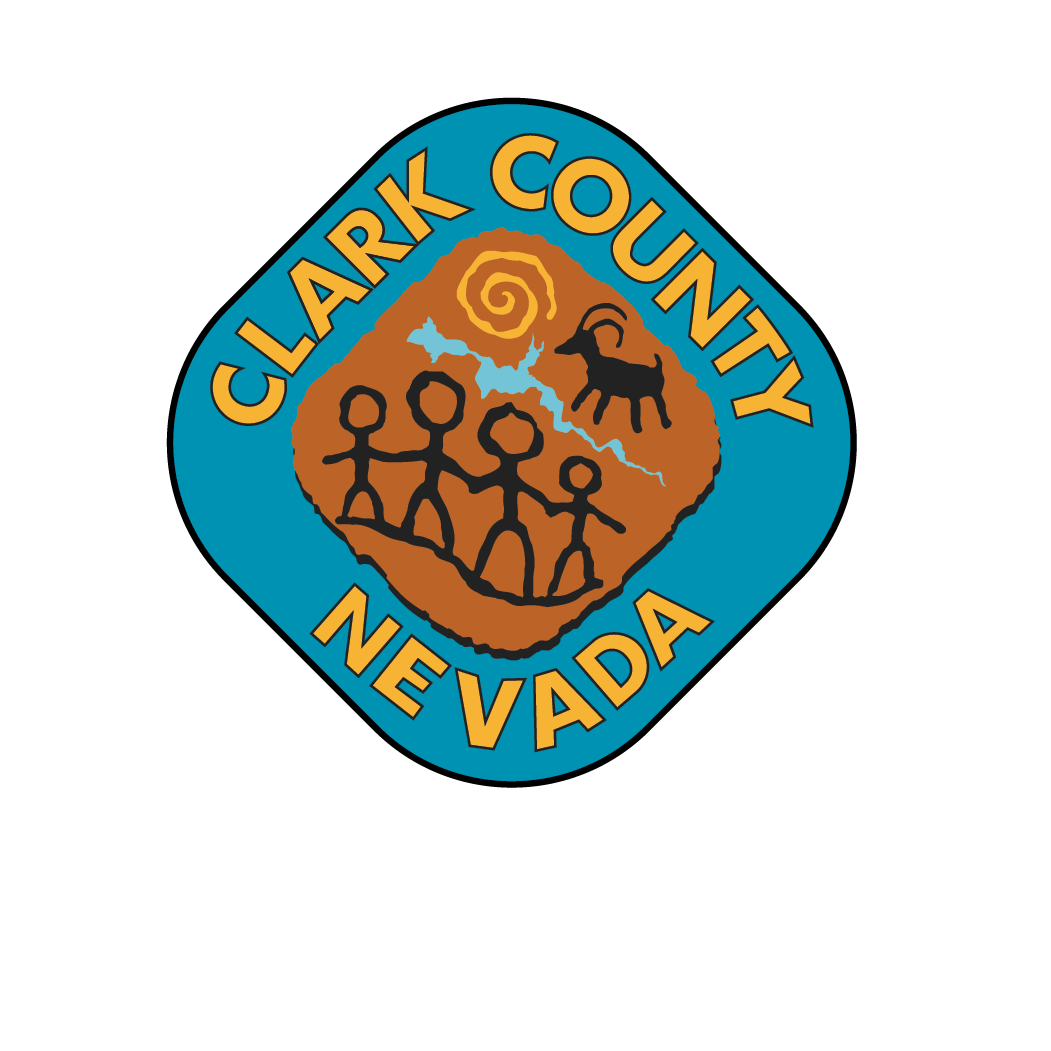
The Clark County Sustainability Audit focuses on assessing and refining the county’s sustainability practices to ensure ongoing improvements and alignment with best practices. This audit involves a thorough review of county policies, procedures, and past sustainability work. It aims to ensure that sustainability improvements made over the years would be codified, tracked, improved, and reported on going forward. Dave Ray was chosen to lead this effort.
Audit Process:
- Policy Review: We examine all provided policies and sustainability
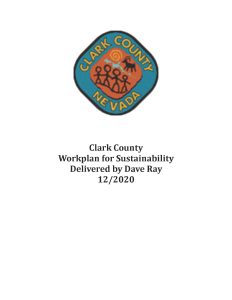 documents to understand current practices and identify areas for enhancement.
documents to understand current practices and identify areas for enhancement. - Departmental Interviews: We conduct interviews with various county departments to gather insights into their sustainability efforts and challenges.
- Best Practices Assessment: We assess best practices and review any past sustainability work to inform our recommendations.
- Work Plan Development: We create a detailed work plan outlining organizational and development work, including goals, guiding documents, and recommendations for future updates.
- Baseline Assessment: We establish a baseline of current sustainable achievements and provide a comprehensive sustainability inventory.
Work Categorization:
After collecting and reviewing the processes, policies, and procedures, the work was divided into two main categories:
- Organizational Work: Focused on governance and policy alignment.
- Development Work: Centered on actionable initiatives and projects.
Recommendations:
- We suggested that the County update this work on an annual basis to maintain relevance and responsiveness.
- The initial baseline work sets the foundation for the County’s future efforts, leading up to the development of its “All In” Plan.
The audit results in a strategic plan that outlines how Clark County can continue to advance its sustainability goals and integrate improvements into its ongoing initiatives.
LVCVA Sustainability Audit
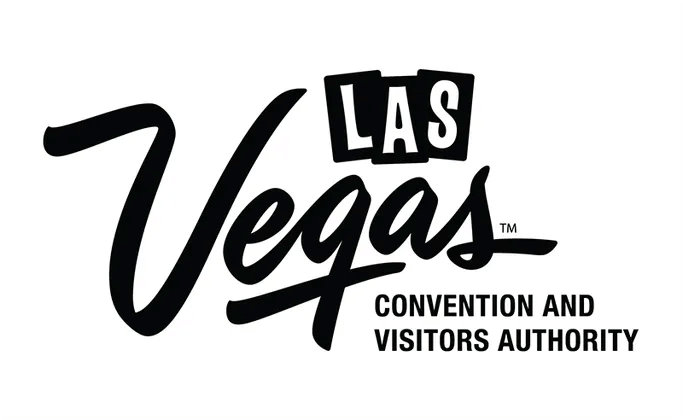
The LVCVA (Las Vegas Convention and Visitors Authority) Sustainability Audit involves a comprehensive examination of the LVCVA’s sustainability practices, focusing on utility consumption, maintenance schedules, and operational policies. This audit aims to enhance sustainability measures, improve diversion rates, and implement programmatic suggestions for operations and events.
Audit Process:
- Utility and Maintenance Review: We assess utility consumption,
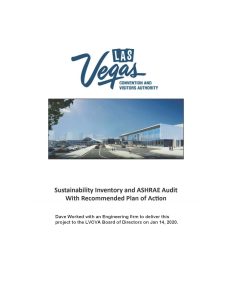 preventative maintenance schedules, and operational policies to identify opportunities for improvement. This includes a thorough review of utility consumption, operations, and maintenance policies, along with interviews with various departments, partners, and clients.
preventative maintenance schedules, and operational policies to identify opportunities for improvement. This includes a thorough review of utility consumption, operations, and maintenance policies, along with interviews with various departments, partners, and clients. - Data Collection: We collected data from 13 departments, 6 partners, and 4 clients to establish a baseline of current sustainable achievements. This evaluation covered all operations, including waste diversion, leading to improved diversion rates through targeted programmatic suggestions.
- Best Practices Comparison: We developed a comparison matrix of sustainable attributes for 15 of the most sustainable convention centers in the U.S. This matrix, created after reviewing industry best practices and procedures, serves as a benchmark for evaluating LVCVA’s performance.
- Sustainability Plan Development:
Based on our findings, we provide recommendations for a formal sustainability plan, which includes an energy efficiency study conducted by an energy engineer. This study will guide return on investments for capital improvements and preventative maintenance.
The audit supports LVCVA in enhancing its sustainability measures, improving diversion rates, and implementing programmatic suggestions for operations and events.
Corporate Sustainability Programs
Boyd
SRAAG’s Corporate Sustainability Programs are designed to help organizations embed sustainability into their core operations and long-term strategies through efficiencies. One of our standout partnerships is with Boyd, where we implemented a comprehensive corporate sustainability program. The program began with a need to understand waste and how to report diversion and has grown into a full, end of year report and reporting cycle, concentrating on quality and auditability.
“Sustainable culture has been established when sustainability measures and reviews become normal business practices.” – Dave Ray
Green Buildings
At SRAAG, we help organizations design and implement sustainable building practices that reduce environmental impact and promote energy efficiency. Our work spans a range of green buildings, each showcasing innovative approaches to sustainability.

